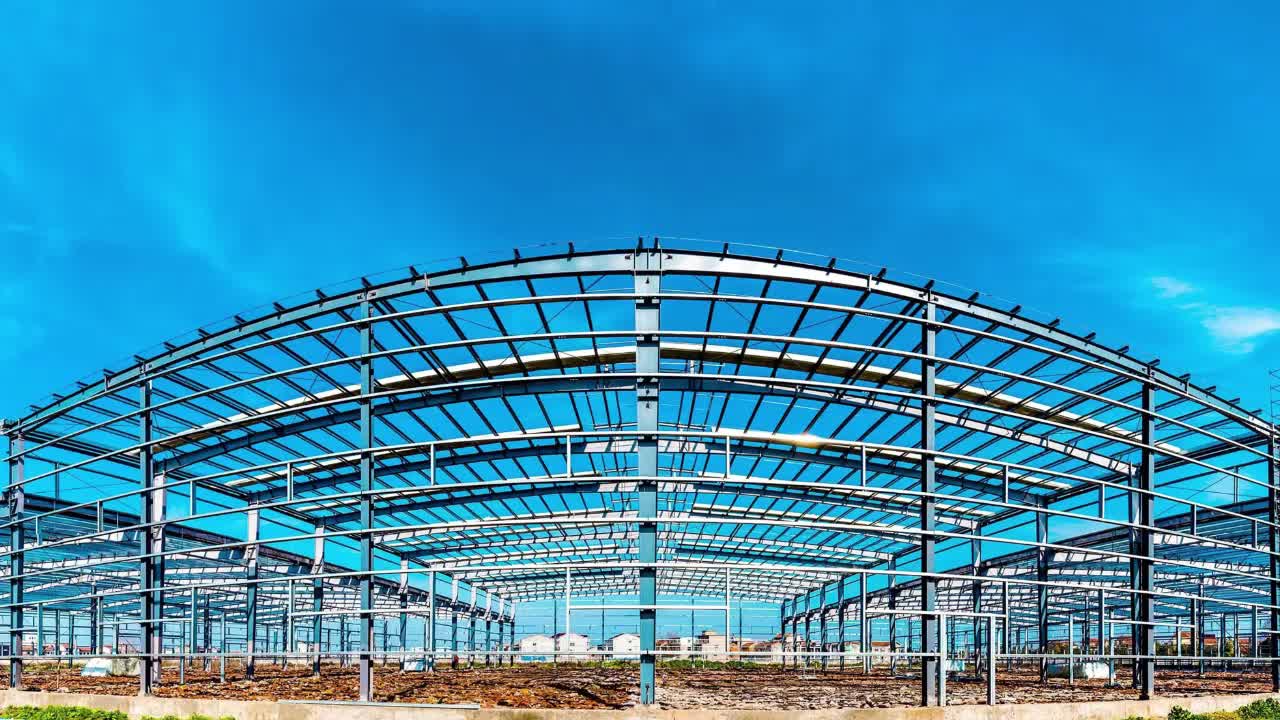How Australia’s industrial property market is developing
The REIWA Institute has analysed the industrial property market in Western Australia. Perth has shown the best performance for the 2024 financial year. The city also leads in both the residential and commercial sectors.
In Perth, analysts have noted a steady increase in activity in the office and retail sectors. There is also demand for large industrial properties. At the same time, the local market was not ready for such excitement and faced a shortage of supply. This situation has led to an increase in prices for this type of property. According to REIWA experts, this trend will continue in the future. They also note that the sales volume in the sector has exceeded pre-recession levels. In the financial year 2024, which ended in May, the situation was as follows:
– industrial property values rose by 13% to USD 2,353 per square metre;
– the number of sales was 1,005 units;
– 8.7% of all sales are transactions between USD 100,000 and USD 250,000;
– 25% are transactions between USD 250,000 and USD 500,000;
– the share of sales in the USD 500,000 to USD 750,000 price category is 19.8%;
– transactions between USD 750,000 and USD 1 million accounts for 10.6%;
– sales worth USD 1-5 million accounts for 30.4%;
– properties worth more than USD 5 million account for 5.5% of all sales.
Analysts noted that the industrial sector has outperformed the office sector. Nevertheless, prices for all these types of property are rising. In the office sector, Perth was the only market in Australia to record a decline in vacancy rates.

The overall outlook for Australian commercial property market
Forecasts predict that the Australian commercial property market will be worth nearly USD 1.7 trillion by the end of 2024. Growth in the sector will be in the region of 2.4% per annum through 2029, bringing the market value to A$1.9 trillion by the end of the forecast period.
The surge in demand for Australian industrial property will continue over the next five years. A stable economy and favourable investment conditions will drive the demand.
Buyers prefer properties in popular locations with developed infrastructure. There is also a growing demand for flexible workspaces that provide comfort for employees. Co-working centres are a popular type of office space, and interest in them is growing as the number of start-ups increases.
Buyers value the environmental component of their choices. They prefer energy-efficient buildings built to green standards.
